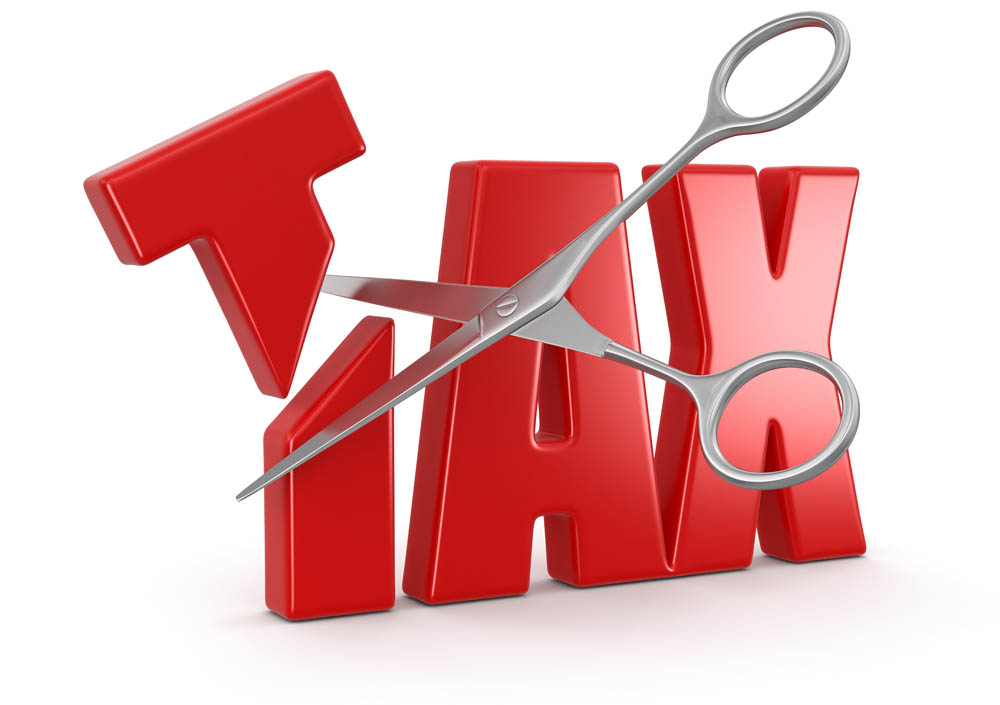
Commercial Leasing Costs to be Eased – Slightly
Florida likes to hold itself out as an inexpensive place to do business because it is one of only 7 states that does not have state income tax. This is certainly attractive to both businesses and individuals. However, the state has to make up this revenue somewhere. Sales tax, therefore, is the primary source of revenue for the state, currently at 6%, with some counties imposing an additional 1% local option. For nearly 50 years, the state has imposed a sales tax on commercial rents.
Real estate agents and business leaders have long argued that this “business rent tax” offsets savings that companies would get by relocating to Florida by not having to pay income tax. As such, it is difficult to attract new business to Florida, despite the personal savings to business owners and employees. Governor Rick Scott, a Republican, has long advocated for the elimination of the business rent tax and this year proposed a 25% reduction in the tax as part of his tax cut package. Ultimately, the Republican controlled legislature approved a reduction of the business rent tax to 5.8% (less than 4%) (6.8% in Miami-Dade, Palm Beach and other local option counties). The debate was lengthy with the legislature proposing a 1 to 2 point reduction, closer to the governor’s proposal. One proposal called for a temporary 1.5 point reduction (25%) to 4.5% with an increase back to 5.5% after 2 years.
Legislative studies showed that the financial impact to the state with a 1 point reduction to the tax to 5% would have been significant. Tax revenue for FY 2017-2018 would have been reduced by $125.9 million and $302.2 million on a recurring basis thereafter. General revenue would have been reduced by $276 million on a recurring basis. Apparently, the legislature was not ready to make such a large cut in revenue or didn’t have enough corresponding spending cuts and had to settle on the smaller cut to the business rent tax.
HB 7109 becomes effective on January 1, 2018. The language of the statute reads that the tax rate will not apply to current leases. The tax rate in effect at the time tenant occupies or uses the property is applicable, regardless of when a rent payment is due or paid. The Department of Revenue will have to interpret this provision and it is likely that industry groups will argue that the rate is intended to be reduced across the board as prior rate changes required tenants to pay increased rates immediately.
The bottom line is that tenants will see a small drop in occupancy costs next year. But this drop will be a small one.




No Comments
Sorry, the comment form is closed at this time.